By James Crawley.
Photo: ABPhotography
The eight elements of Planet Kronos streamed out of The Kazimier, an explosion of surrealist self-expression, sci-fi mysticism and shamanistic opulence; the visual arts in its rawest form. Intergalactic spacemen duelling with shimmering cyborgs and glammed up aliens rubbing shoulders with fabulous royalties.
Photo: ABPhotography
For it was the battle of the century – the legendary Captain Kronos liberating the inhabitants of Monotopia from the evil dictator, General Mono. His objective: creating mundane city spaces, subjecting the populace to mechanical servitude, vanquishing colour from life, removing art from human experience.
Photo: ABPhotography
Yet the inhabitants of Kronos came out in force, defeating banality with flourishes of creative energy. Having made their own costumes people merged into the walls, into the very set design, becoming part of the performance, forming the very architecture of The Kazimier. The closing party of Liverpool’s most beloved underground arts venue invited guests to an immersive artistic experience, dazzling the senses with joy, and fostering a real feeling of connectivity to those in attendance.
Photo: ABPhotography
It was impossible to escape the feeling of nostalgia, the knowledge that this would be our final gathering at The Kazimier, soon to be replaced with luxury apartments and unaffordable retail shopping centres. The faceless Monotopians are moving in, colonising our urban spaces with wave after wave of bleak gentrification.
Photo: ABPhotography
This kind of investment, we’re told, is good for our local economy – jobs will be created, we’ll enjoy a boom and the profits will trickle down to the people. This economic thinking is simply untrue. As Transition Town’s Rob Hopkins describes in his book, The Power of Just Doing Stuff, this kind of investment is ‘extractive’ – money entering the local economy with the primary motivation to extract more money from the community in the long term. Imagine a bucket of water with small holes in the bottom. The corporations responsible for redevelopment fill the bucket to the brim with water, yet as time moves forward the water leaks away as the profits are swept off to tax havens and corporate headquarters; often beyond our borders. In the meantime, rent prices go up, property developers move in, and the arts are squeezed out – decentralised to the peripheries of our cities, becoming more inaccessible to the people.
Photo: ABPhotography
Yet on New Year’s Eve the set of Planet Kronos was a real vision of hope. The Kazimier was a collaboration of wonderful, intuitive, and creative minds who worked hard to make their dream a reality – and it is the hearts of those who loved that dream – who participated in that chaotic vortex – who will give birth to the next great projects. General Mono may demolish our venues, but they cannot reduce the power of our imaginations, the self-expressions of the romanticised artist.
Photo: ABPhotography
A friend of mine mentioned a quote by Carl Jung, which is absolutely appropriate to what comes next:
I had a vision of unearthly beauty, and that is why I was able to live at all. Liverpool is the “pool of life.” The “liver,” according to an old view, is the seat of life, that which makes to live.”
Photo: ABPhotography
Let’s allow ourselves to be collectively inspired by the scale of The Kazimier’s closing ceremony; let us embrace the dreams of what comes next. Like Jung, when I climb the mountain and look down over the pool of life, I see many great things:
I see carnivals, outdoor film projections and immersive theatre performances. I can feel rows of terraced housing throbbing with colour and diversity. I see warehouses transforming into studios, abandoned buildings becoming installations, and old houses being upcycled and regenerated into people’s libraries and cinemas.
Photo: ABPhotography
Assemble’s Turner Prize award for their Granby Four Streets Project is testament to the kind of city possible if regeneration comes from within, what Hopkins calls ‘internal investment.’ Communities investing in themselves through co-ops, share schemes, and community arts projects. Ownership remains in the local area, profits are cycled back into communities, and funds can be directed based on local priorities. These kinds of investments don’t provide the short term economic booms eagerly sought by our councils, yet the profit is shared out more equally, the distribution of wealth evenly spread, our communities being the primary beneficiaries and the pace of development much more sustainable. Assemble may collect the prize, but their artists recognise that the award is a product of twenty years’ worth of internal community investment to regenerate the area.
Photo: Paul Ellis
Monotopia may encroach upon our expressions of self and culture, erecting their banal luxury apartments, encouraging the passive, fast-fashion consumer mind-set – yet they cannot deter our passion for breaking boundaries, connecting with others and fostering a real sense of shared community.
Photo: ABPhotography
The arts alleviate stress, inspiring outpourings of creativity, and opportunities for self-expression – a complete openness of self. The neoliberalisation of our urban spaces is removing our accessibility to these wonderful worlds of unreality and immersive artistic experience. If we are to defeat the evil General Mono then it is integral our communities work collaboratively to reclaim our city spaces, creating projects that continue to put people at the centre by providing that much needed sense of wellbeing, happiness and escapism. Here, the ritual for the unfreezing of Captain Kronos provides the perfect call to action:
The Monotopian tide encroaches on our oasis. The oncoming grey approaches.
We must stand strong.
Resist the dull, the bland, the mundanity. Reject the faceless invasion.
Stand together.
Be fearless and resilient
The next chapter can only start when this one ends.
Embrace the colour, the music, the dance
Surround yourself with the dreamers, the doers, the creators and the believers. Those people who see the
greatness within. Who reject the surface and embrace what is beneath.
Blessed are the hearts that bend for they cannot be broken.
We look back, embracing the past and use it to travel onwards.
Look forward, do not let the dream pass you by.
Photo: ABPhotography
Let 2016 be the year of dreams, where we collectively repeal the tide of Monotopia and start laying the foundations for community led visions of how our urban spaces should develop. The great minds behind The Kazimier are already giving birth to their newest project, and will soon be ready to launch The Invisible Wind Factory. So that leaves us with just one question: What will your project look like?
Photo: ABPhotography
You can find all photos from The Kazimier NYE – Escape to Planet Kronos at ABPhotography’s Facebook page.
James is a member of Transition Liverpool’s organising group for 2016.
You can follow him on twitter at: www.twitter.com/jcrawl_
You can follow him on twitter at: www.twitter.com/jcrawl_

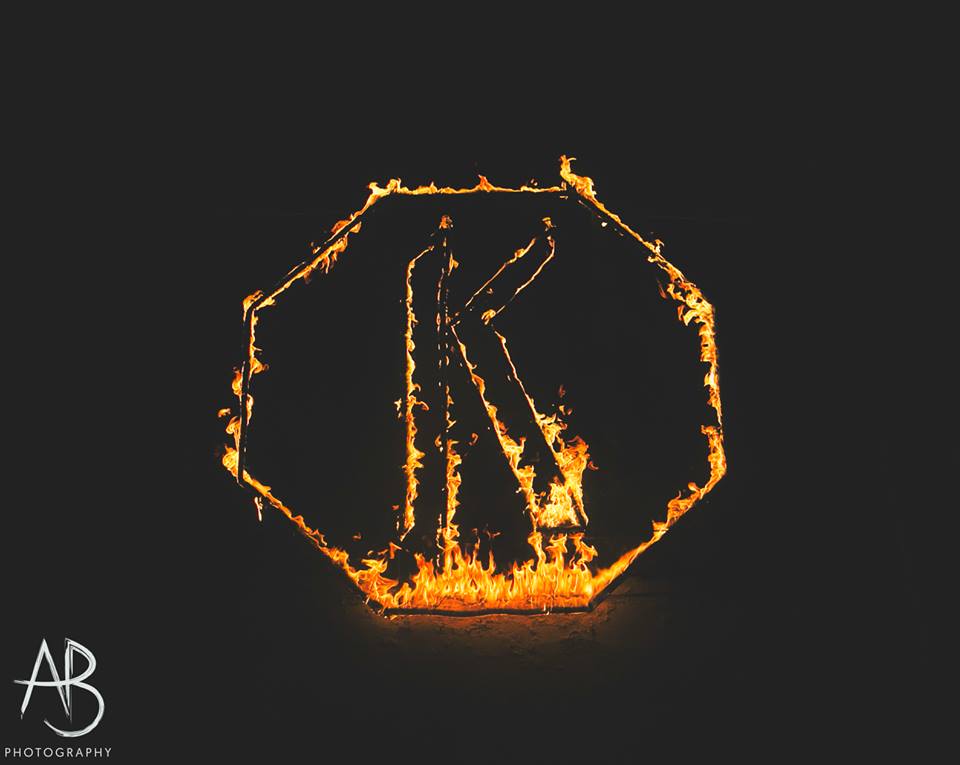
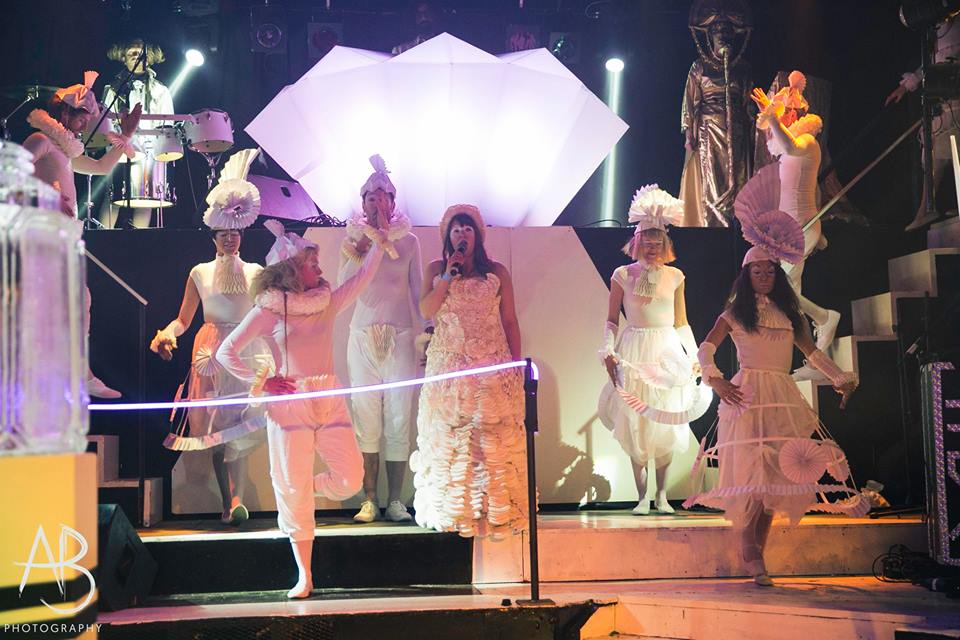
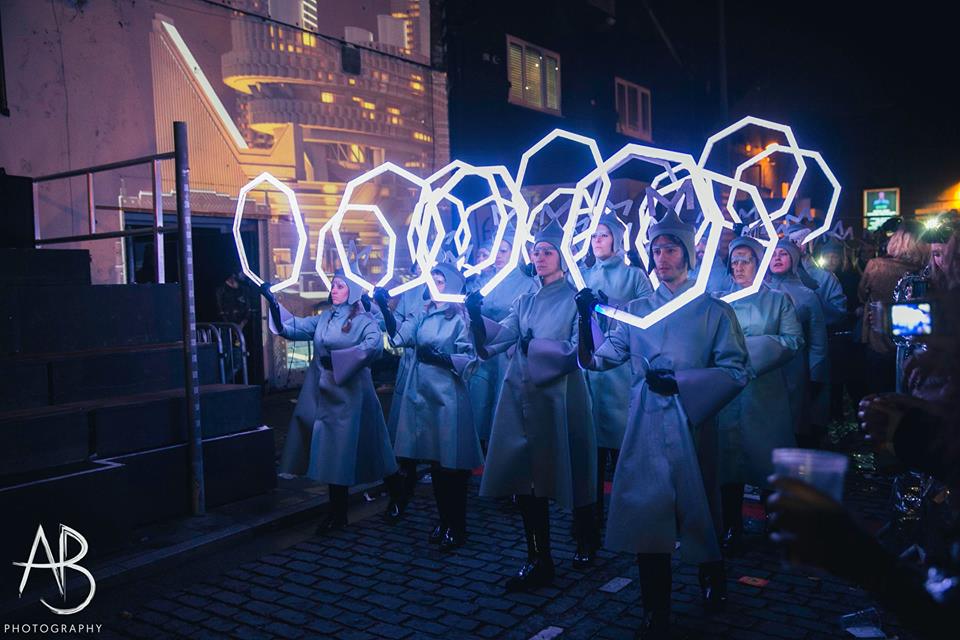



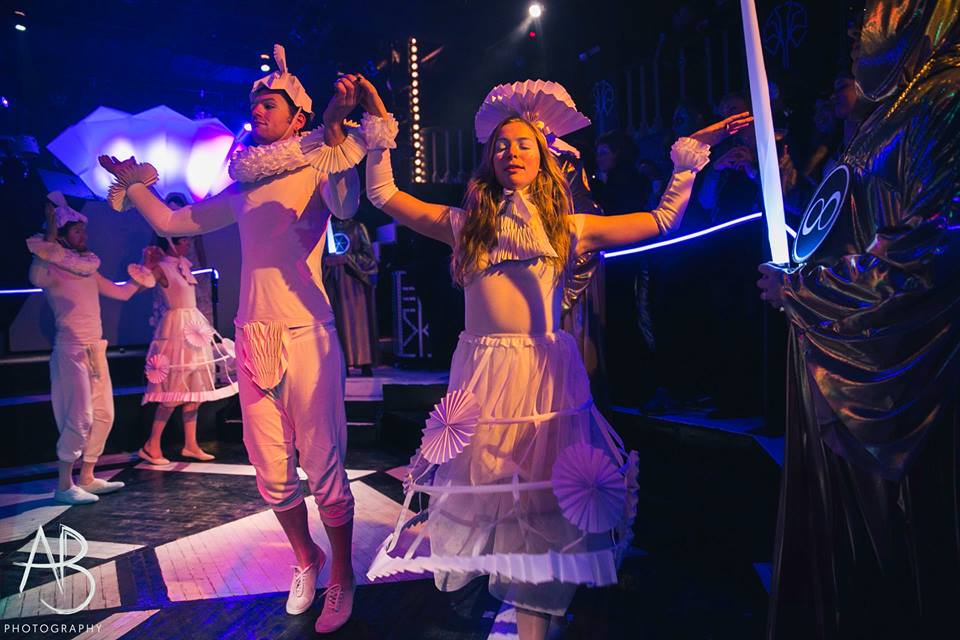
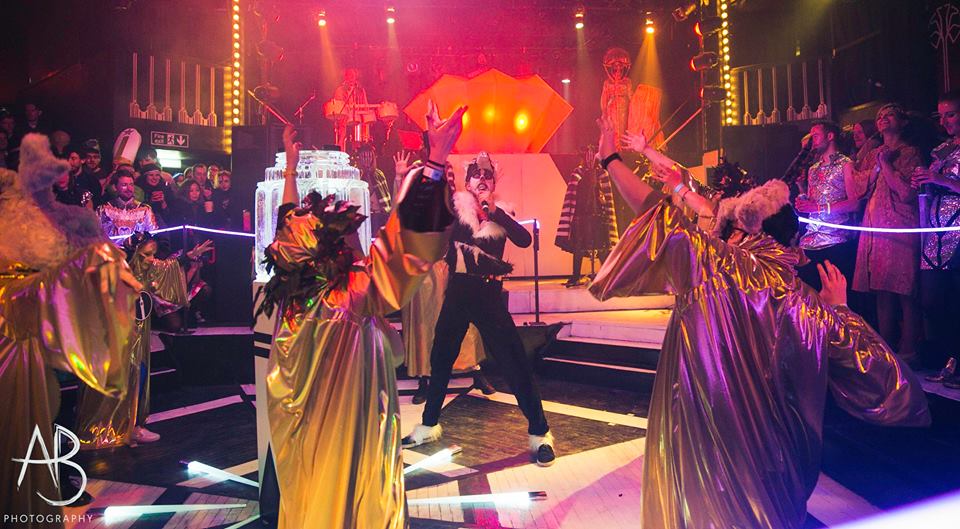
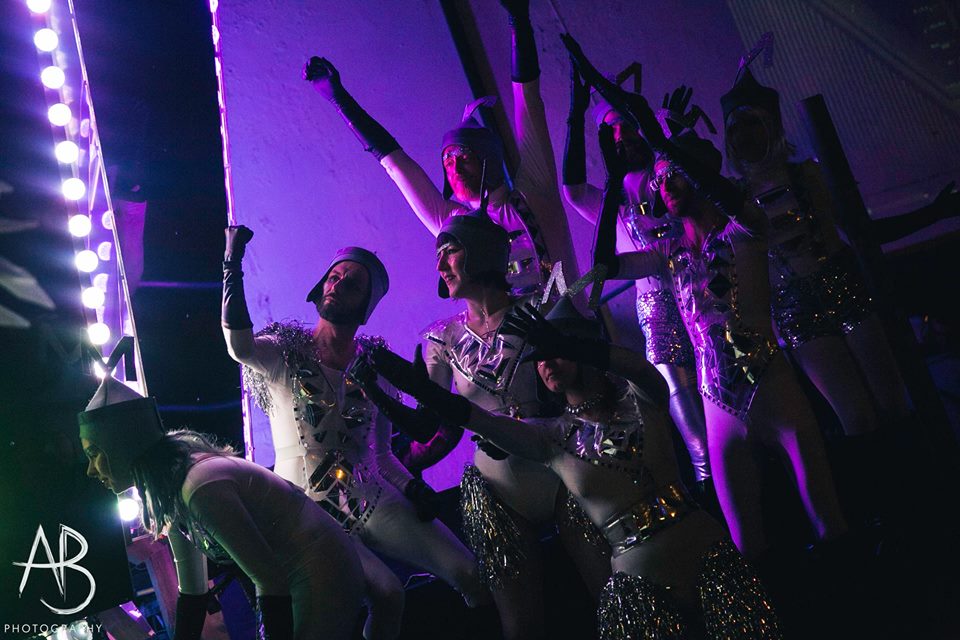
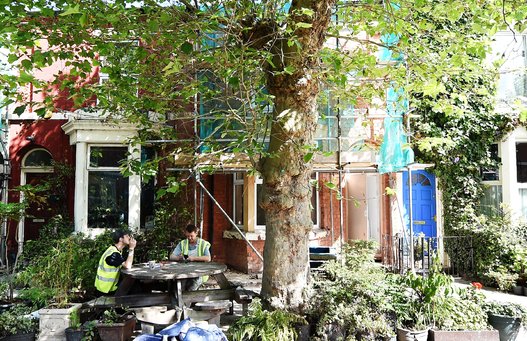
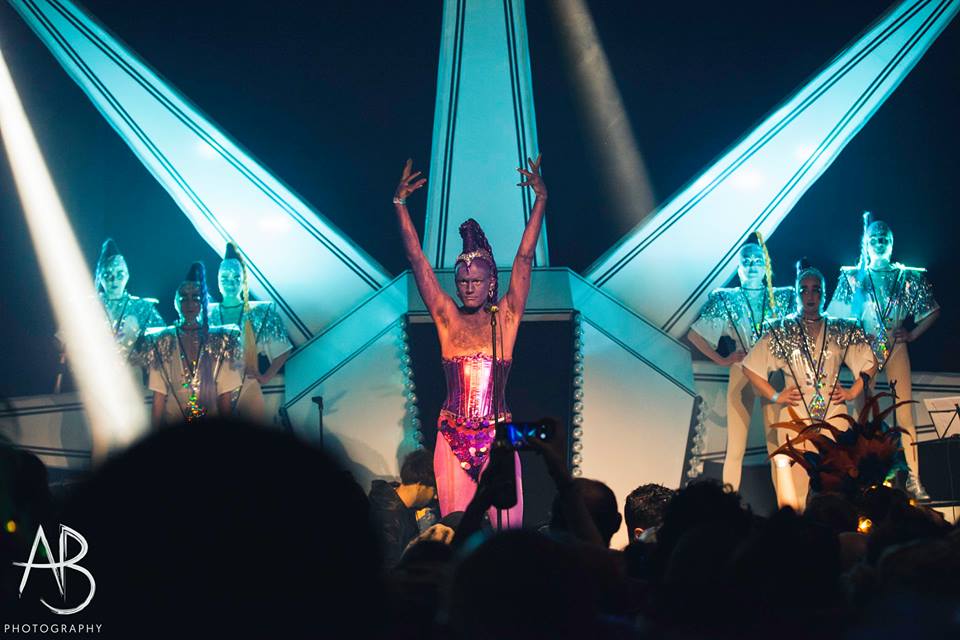
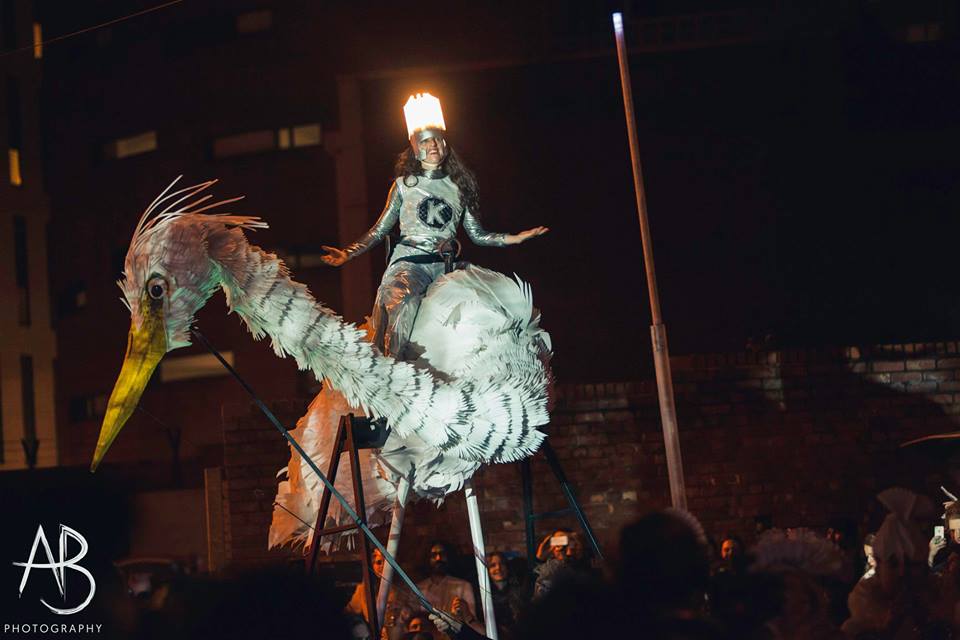
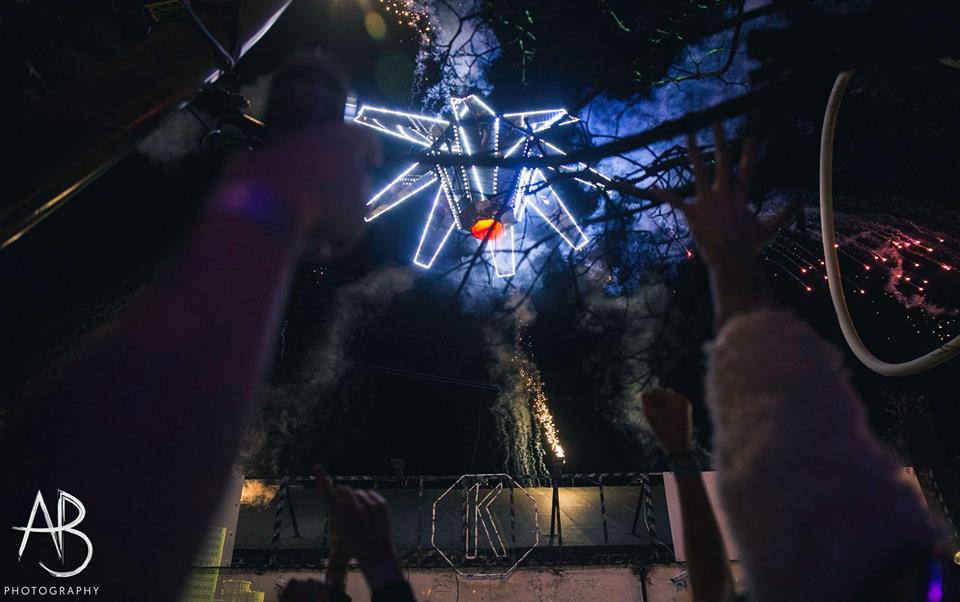
Recent Comments